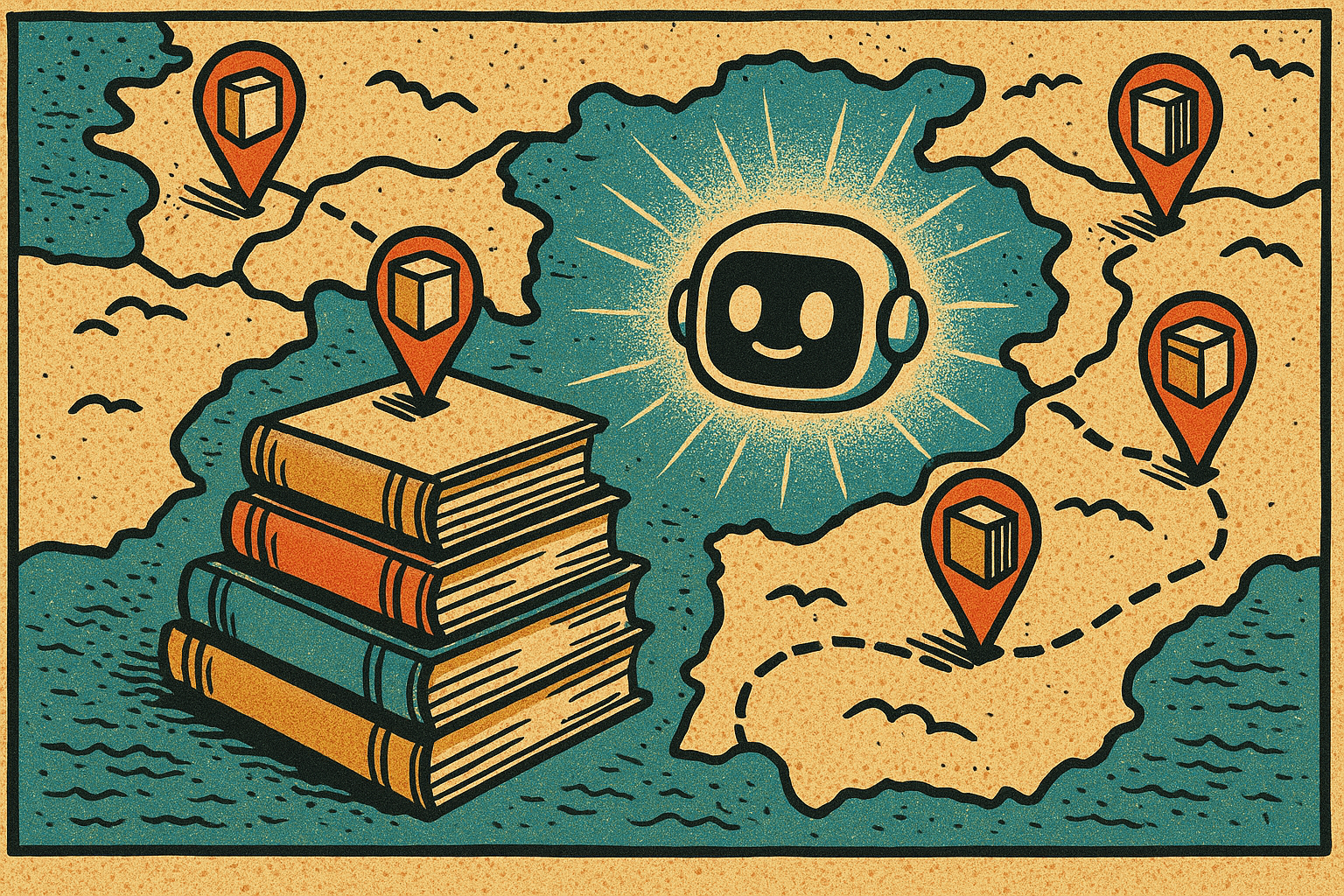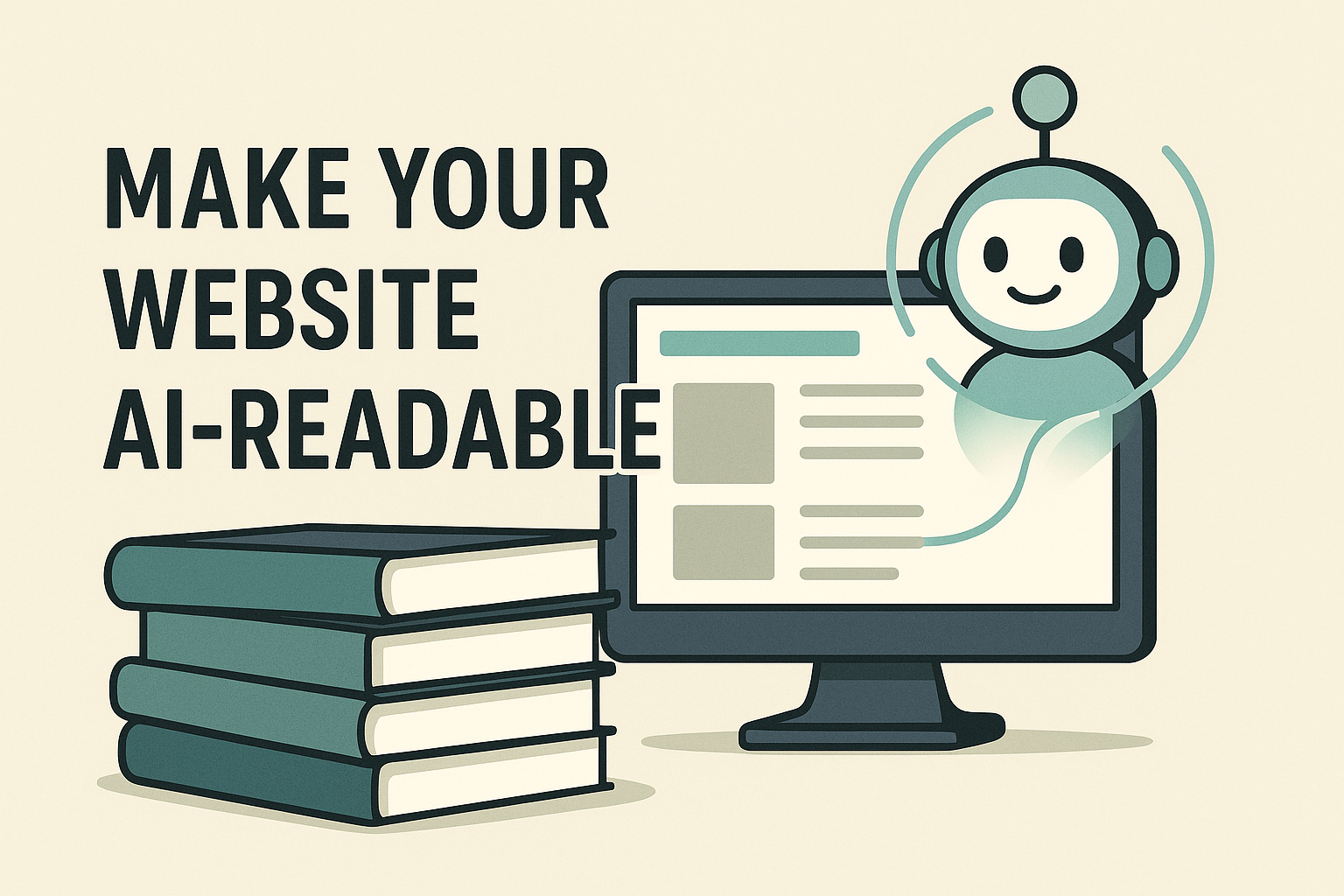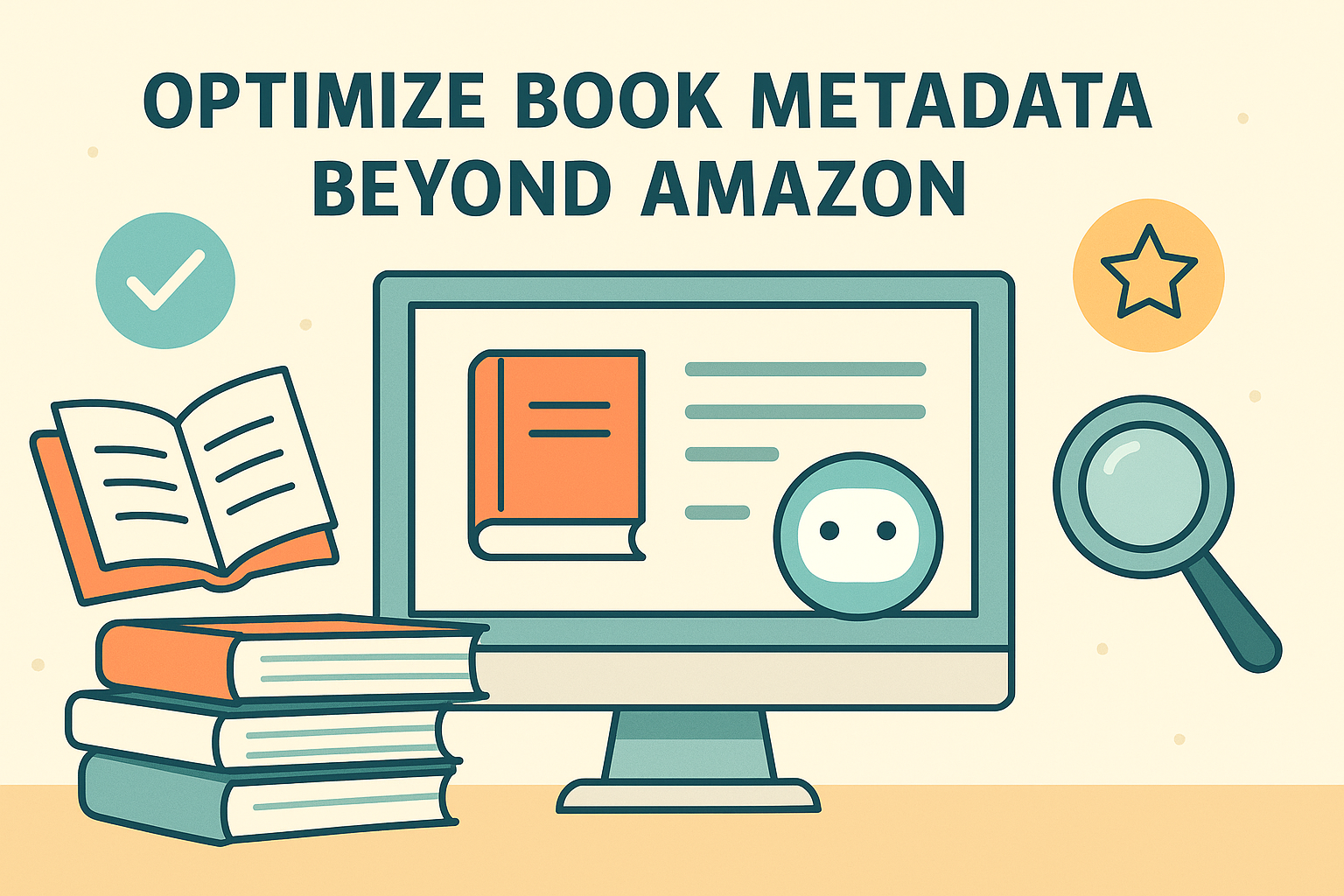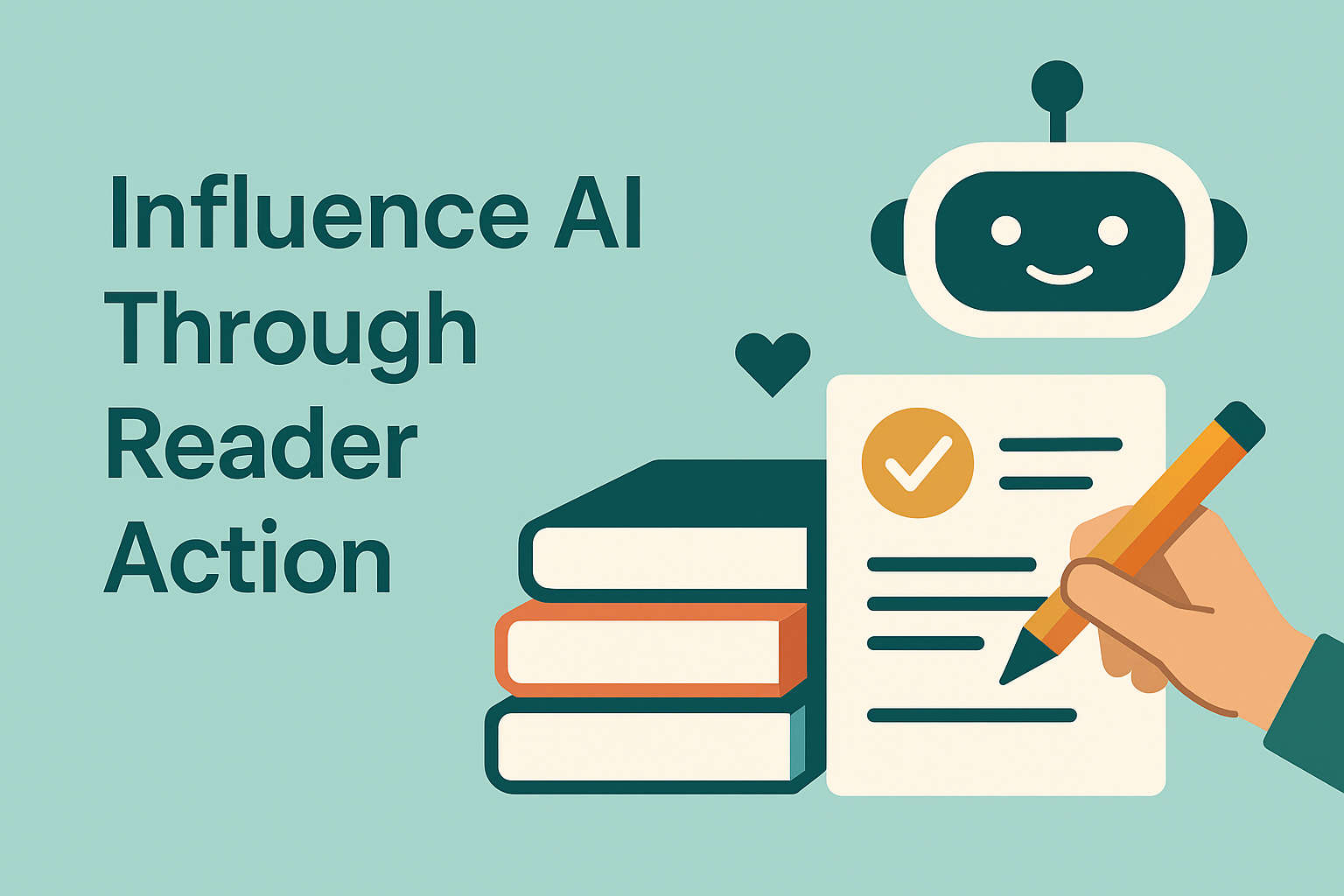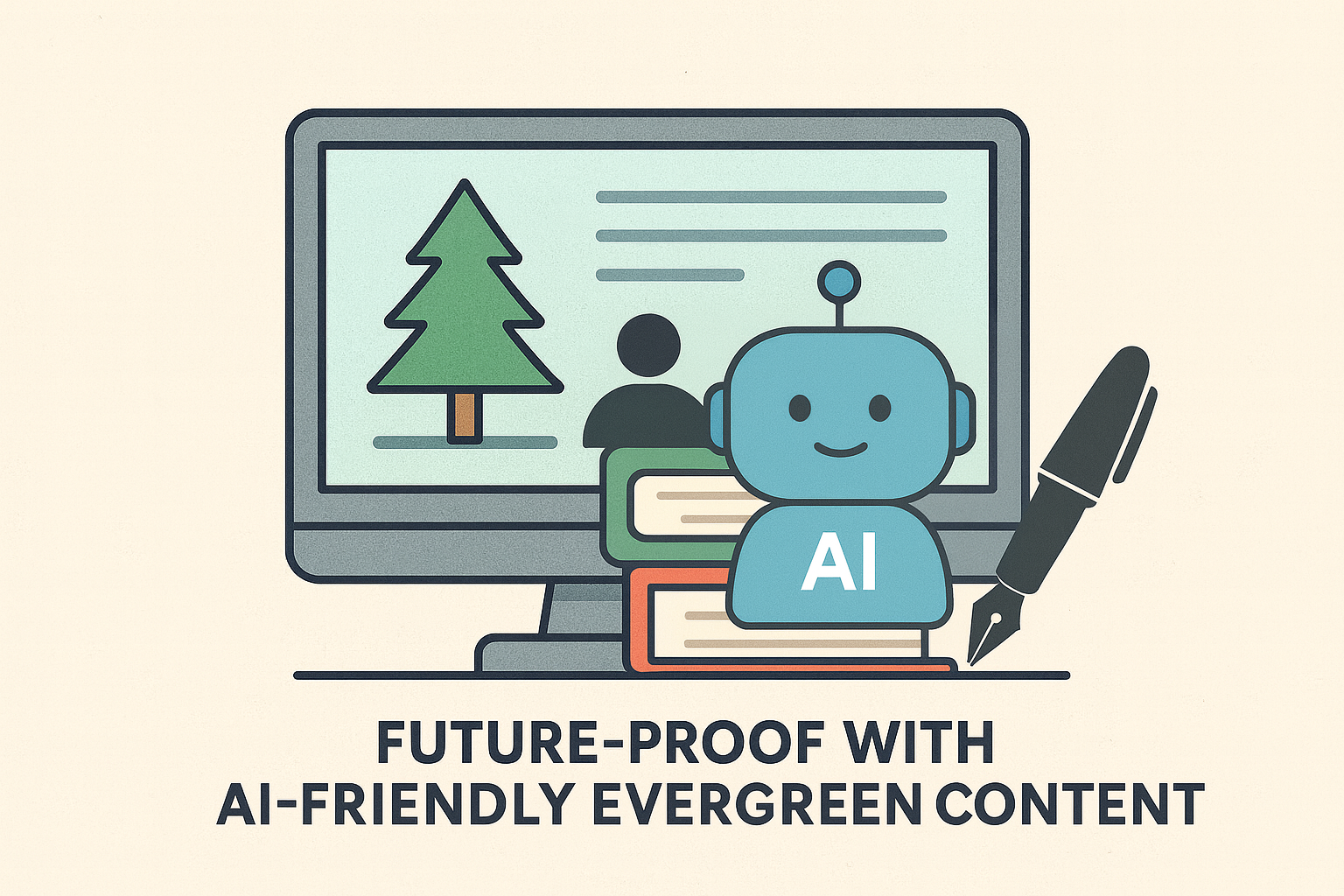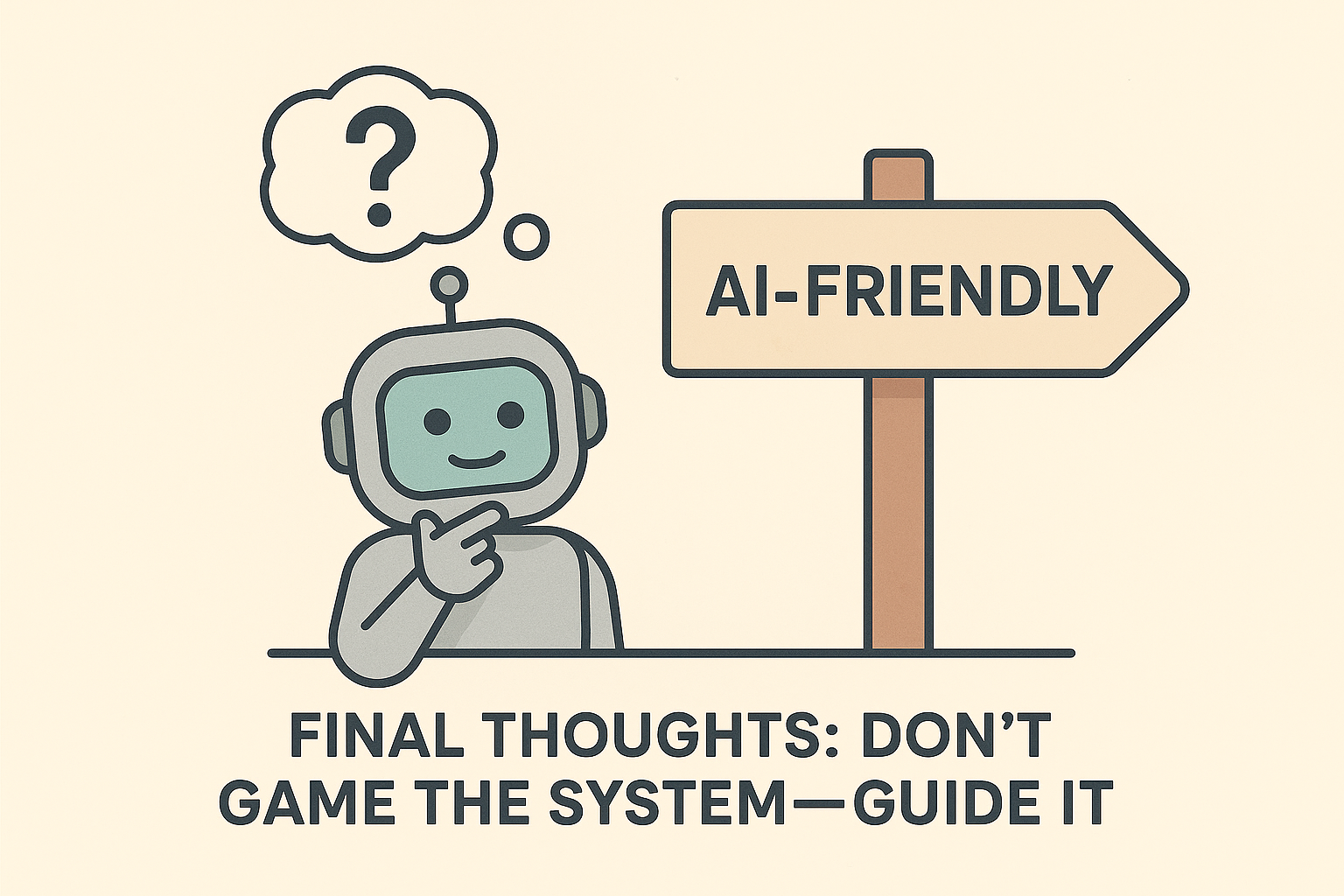The AI revolution in publishing isn’t coming—it’s already here. Generative search engines and smart assistants are changing the way readers discover books. If you’re still optimizing your website for Google’s traditional search, you’re only halfway prepared. In my last post, I summarised content I had recently learnt.
Let’s move ahead to a new mindset. Enter GEO: Generative Engine Optimization—a new mindset for authors who want their books to be found by AI tools like ChatGPT, Claude, Perplexity, Bing Chat, and Bard.
In this post, you’ll learn the 5 key GEO strategies that authors should implement now, with actionable steps to future-proof your discoverability.
Strategy 1: Make Your Website AI-Readable
If AI can’t parse your website, it won’t recommend you.
Steps:
- Use semantic HTML tags (e.g., <article>, <h1>, <section>, <author>) to give your site clear structure.
- Ensure fast load speed and mobile responsiveness—AI scrapers prioritize clean, efficient sites.
- Write natural language FAQs and bio pages. Think: “Who is Susan Jagannath?” or “Books like Camino Inglés in 6 Days?”
- Add structured metadata using schema.org for authors, books, and reviews.
Pro Tip: LLMs train on websites with strong internal linking, so create an interconnected ecosystem of your own posts and pages. You want to train AI to find you and your books.
Strategy 2: Optimize Book Metadata Beyond Amazon
AI tools pull from multiple sources—not just Amazon.
Steps:
- On Goodreads, add rich descriptions, tags, genres, and review snippets.
- On Google Books, update your author profile and make sure your books are listed.
- Submit your book to open databases like OpenLibrary and IndieBound.
- Add your book to niche AI-indexable platforms like BookBub, StoryGraph, and Readerly.
Pro Tip: Use distinct, searchable phrasing in your subtitles and blurbs—what readers type into AI is rarely formal.
Strategy 3: Feed the AI What You Want It to Know
You can’t control what AI says, but you can give it better data to learn from.
Steps:
- Write detailed blog posts answering reader questions like:
- “What inspired this book?”
- “What books are similar to mine?”
- “What genre does this fit?”
- Publish interviews with yourself and guest posts about your niche—AI loves Q&A formats.
- Use quotes from reviews in your blog posts and sales pages—these show up in scraped snippets.
- Train AI models (where possible) by uploading your books to Bookshop AI, Hedra, or tools like HeyGen.
Pro Tip: Create a free “Start Here” post or video with a clear list of your books and what order to read them in.
Strategy 4: Get your Readers to Influence LLM
Readers are training the AI with every prompt—they can help you.
Steps:
- Ask readers to type your name + book into ChatGPT/Bard and screenshot the result.
- Encourage fans to ask AIs:
- “What’s a good book like The Camino Ingles:6 Days to Santiago?”
- “Who are some authors like Susan Jagannath?”
- Ask readers to leave specific reviews: “Perfect for fans of Camino” → that’s exactly the pattern AI learns from.
- Run a campaign around AI tools: “Try this AI prompt to find your next read… (include my book!)”
Pro Tip: The more contextual anchors you’re tied to (place, genre, theme), the more often AI will bring your books up from the quagmire of Amazon.
Strategy 5: Future-Proof with Evergreen AI-Friendly Content
GEO is long-term thinking. Not a trend—an ecosystem shift.
Steps:
- Write an author manifesto or story behind your writing journey—LLMs love origin stories.
- Create companion resources for your books (e.g., reading guides, playlists, maps) that give AI deeper context.
- Offer a reader magnet that doubles as a searchable mini-book (e.g., “Top 10 Survival Tips from My Camino”).
- Use AI tools to analyze your existing content and rewrite weak pages with more narrative context and reader-centric phrasing.
Pro Tip: Start tracking how your name, genre, and keywords surface in AI outputs. You’re not just writing for humans anymore.
Final Thoughts: Don’t Game the System—Guide It
GEO is not about tricking AI. It’s about teaching it. These models are information-hungry—feed them well.
Instead of obsessing over keywords and backlinks, shift your focus to context, clarity, and consistency. Build a digital trail that AI tools can follow—from your author bio to your book pages to your blog posts and beyond.
If you want AI to talk about your book… you have to give it something worth repeating.

